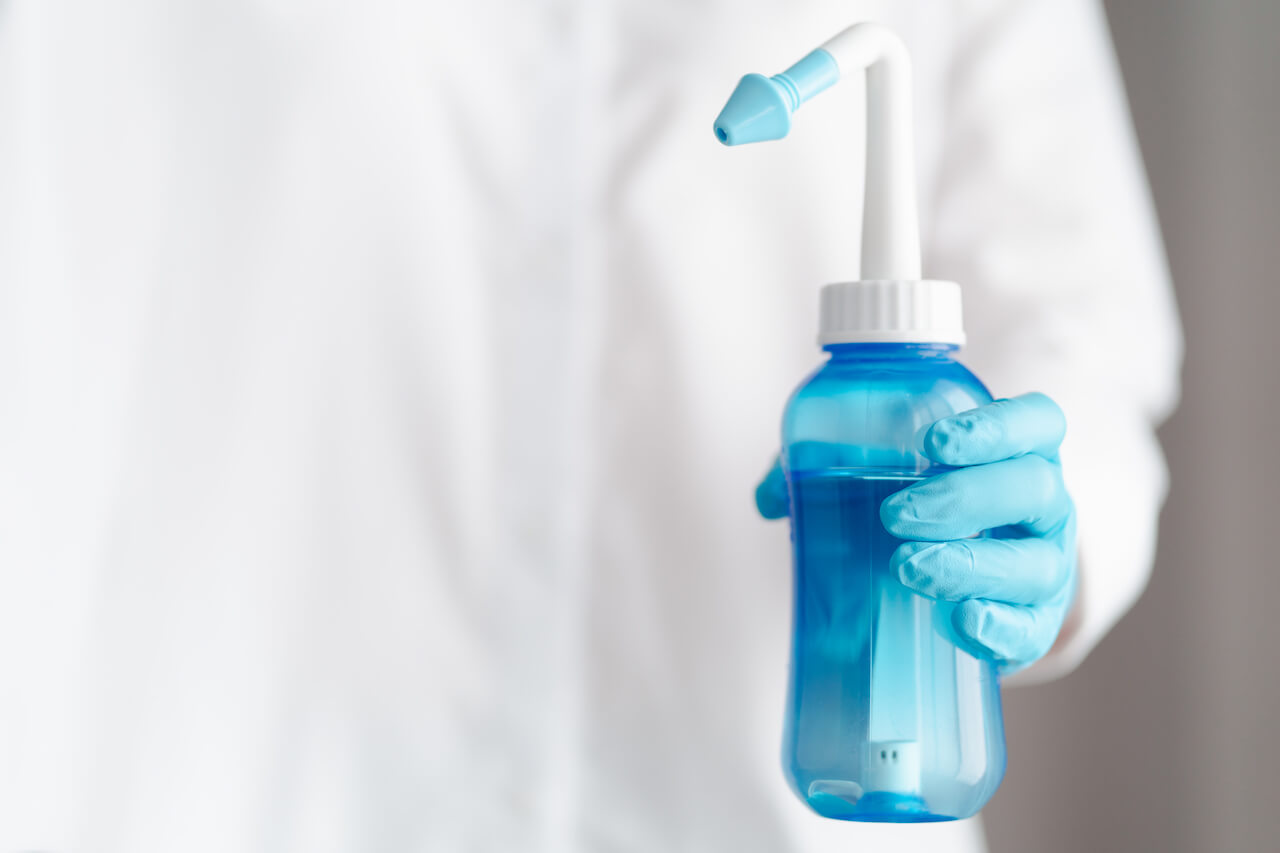Can Bad Teeth Cause Sinus Problems?
 The sinus cavities are located behind the cheeks, eyebrows, and nose. These cavities are connected to the nose through a small opening called the ostium.
The sinus cavities are located behind the cheeks, eyebrows, and nose. These cavities are connected to the nose through a small opening called the ostium.
The sinuses are lined with a mucous membrane that secretes mucus; the mucus traps dust, bacteria, and other particles and prevents them from entering the lungs.
The sinuses also help to humidify the air that we breathe.
However, when the sinuses become blocked, mucus can build up and lead to infection. This can cause several symptoms, including pain, pressure, difficulty breathing, and post nasal drip.
Tooth Infections and Sinus Problems
One of the most common causes of sinus issues is a dental infection. The roots of the teeth extend into the sinus-cavity, and if these roots become infected, it can lead to sinus issues.
Root canal therapy is often used to treat this type of infection. Keep reading to learn more about the connection between bad teeth and sinus problems!
What Happens if a Tooth Infection Spreads to the Sinuses?
When a tooth infection spreads to the sinuses, it can cause a wide range of symptoms.
The most common symptom is sinus pressure. This is because the infected tooth is pressing against the delicate tissue in the sinus cavity. This pressure can lead to a great deal of discomfort and can make it difficult to breathe properly.
In addition to sinus pressure, a tooth infection can also cause sinusitis. Sinusitis is an inflammation of the sinus passages that can lead to pain, fever, and a feeling of pressure or fullness behind the eyes.
The infection can sometimes spread to the eyes, causing conjunctivitis or eye infections. A sinus infection can even spread to the brain if not treated, leading to meningitis or other serious complications.
How Can You Tell if You Have a Tooth Infection or Sinus Infection?
Identifying whether a person has a tooth or sinus infection can be difficult. The person may experience pain, pressure, and other symptoms in both cases. However, it is important to determine the source of the sinus pain to provide the most effective treatment.
To determine whether a person has a tooth or sinus infection, a dentist or doctor may order a series of tests. An X-ray or CT scan can help identify any abscess in the tooth and any inflammation or blockage in the sinus passages.
In some cases, a sample of the sinus mucus may also be taken to check for signs of infection.
How Do You Relieve Sinus Pressure?
Sinus pressure can be incredibly uncomfortable. Fortunately, a few simple strategies can be used to relieve this type of pressure.
One of the best strategies is to use a humidifier to moisten the air. This can help to reduce the inflammation in the sinus passages and make it easier to breathe.
In addition to using a humidifier, a person can use a saline nasal rinse to flush out the sinus passages. These rinses can help reduce inflammation and congestion, reducing sinus pressure.
Drinking plenty of fluids can also help to thin the mucus, allowing it to drain more easily.

Can a Dentist Treat a Sinus Infection?
While a Tempe dentist cannot treat a sinus infection directly, they can treat the underlying cause of the infection.
If a tooth infection is the cause of sinus inflammation, root-canal therapy can be used to remove the infected tooth and clear the sinus passages.
Additionally, a dentist can advise on other treatments, such as over-the-counter medications or nasal sprays, that can relieve sinus infection symptoms.
Conclusion
It can be difficult to tell the difference between tooth and sinus infections. However, if the symptoms of sinusitis persist, it is important to have the condition evaluated by a dentist or doctor.
A dental infection may cause sinus issues, and root-canal therapy can alleviate the pain and pressure associated with sinus infections.
With early intervention and proper treatment, the symptoms of sinusitis can be managed, and the risk of more serious complications can be minimized.